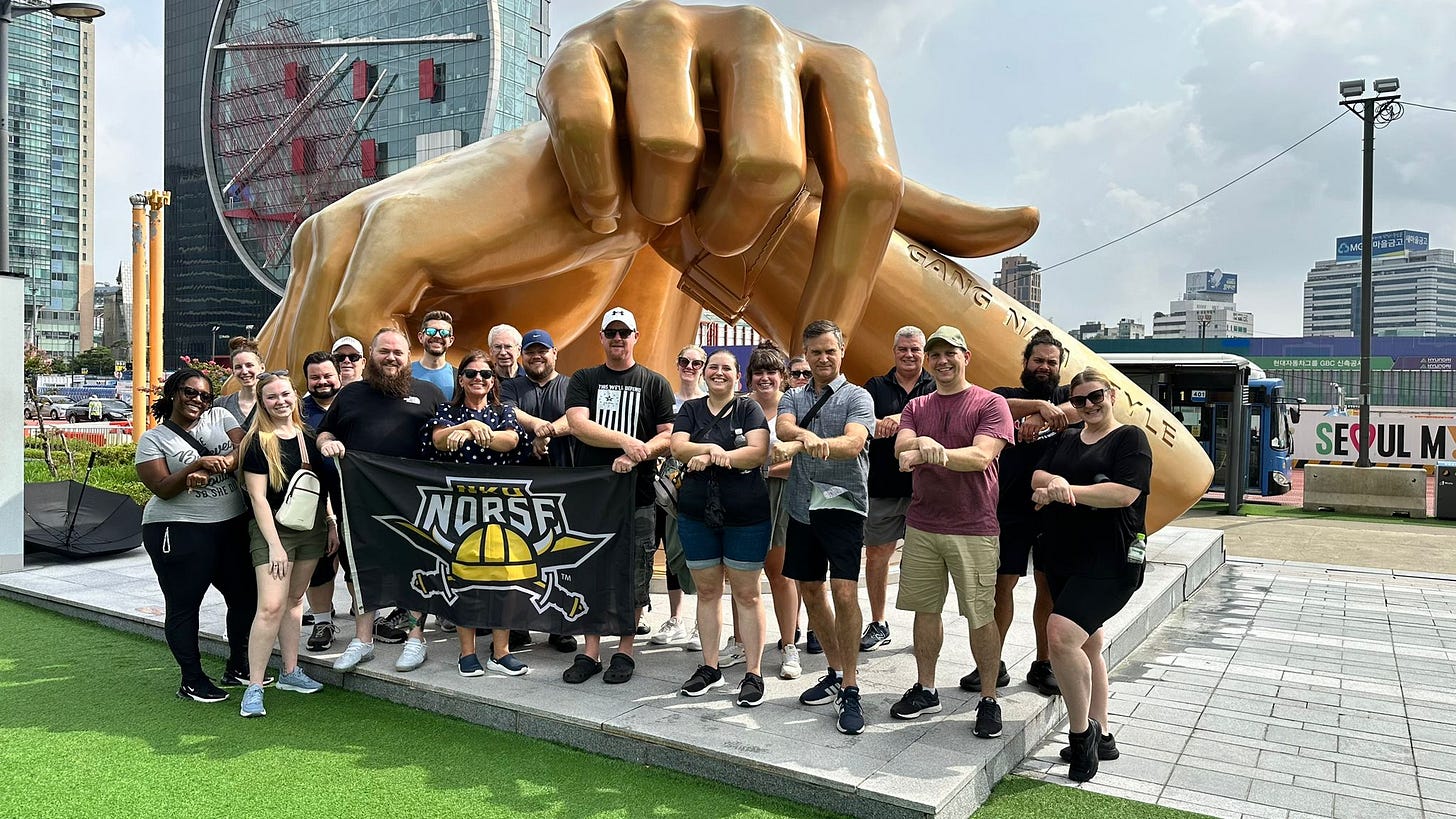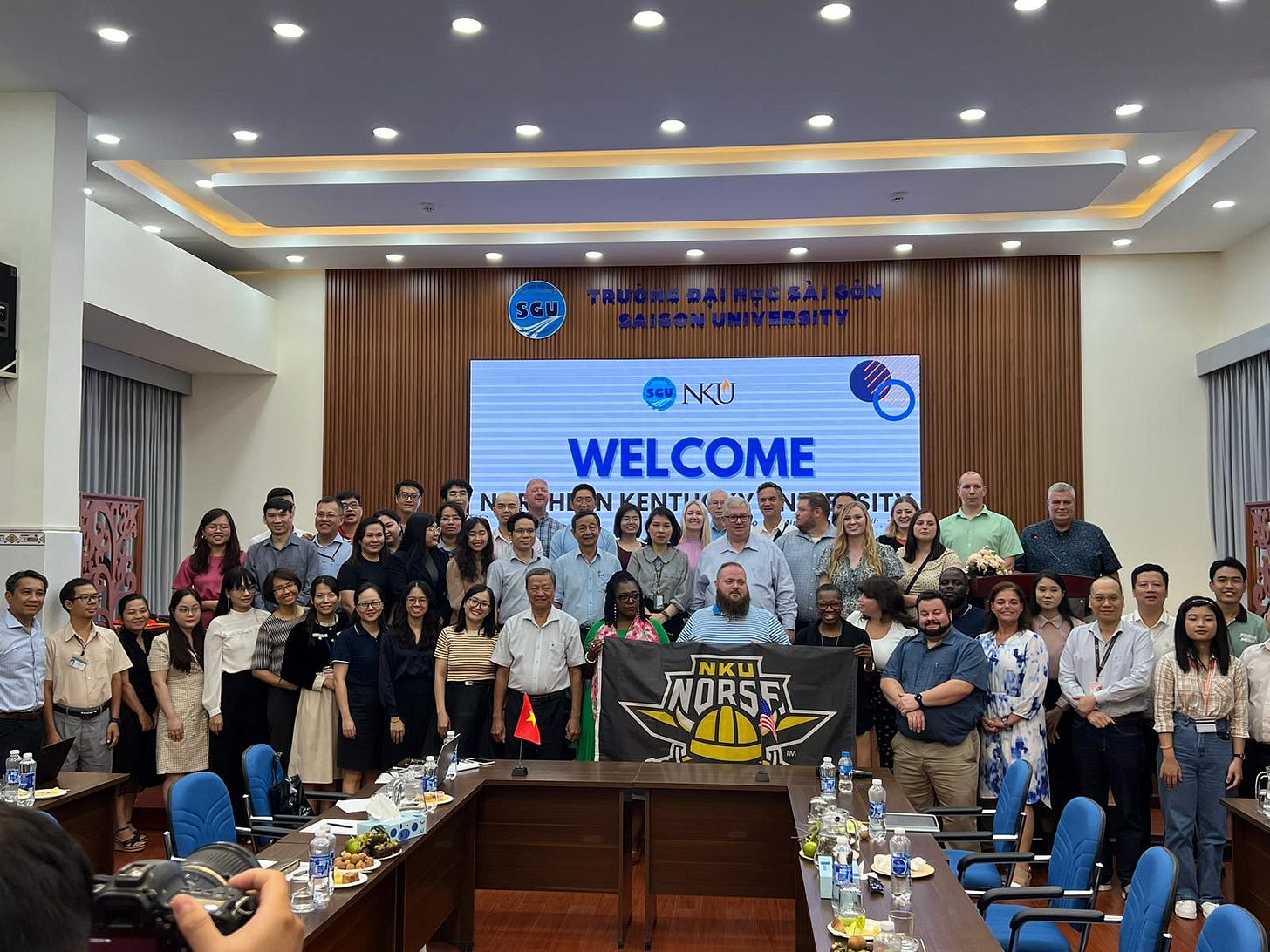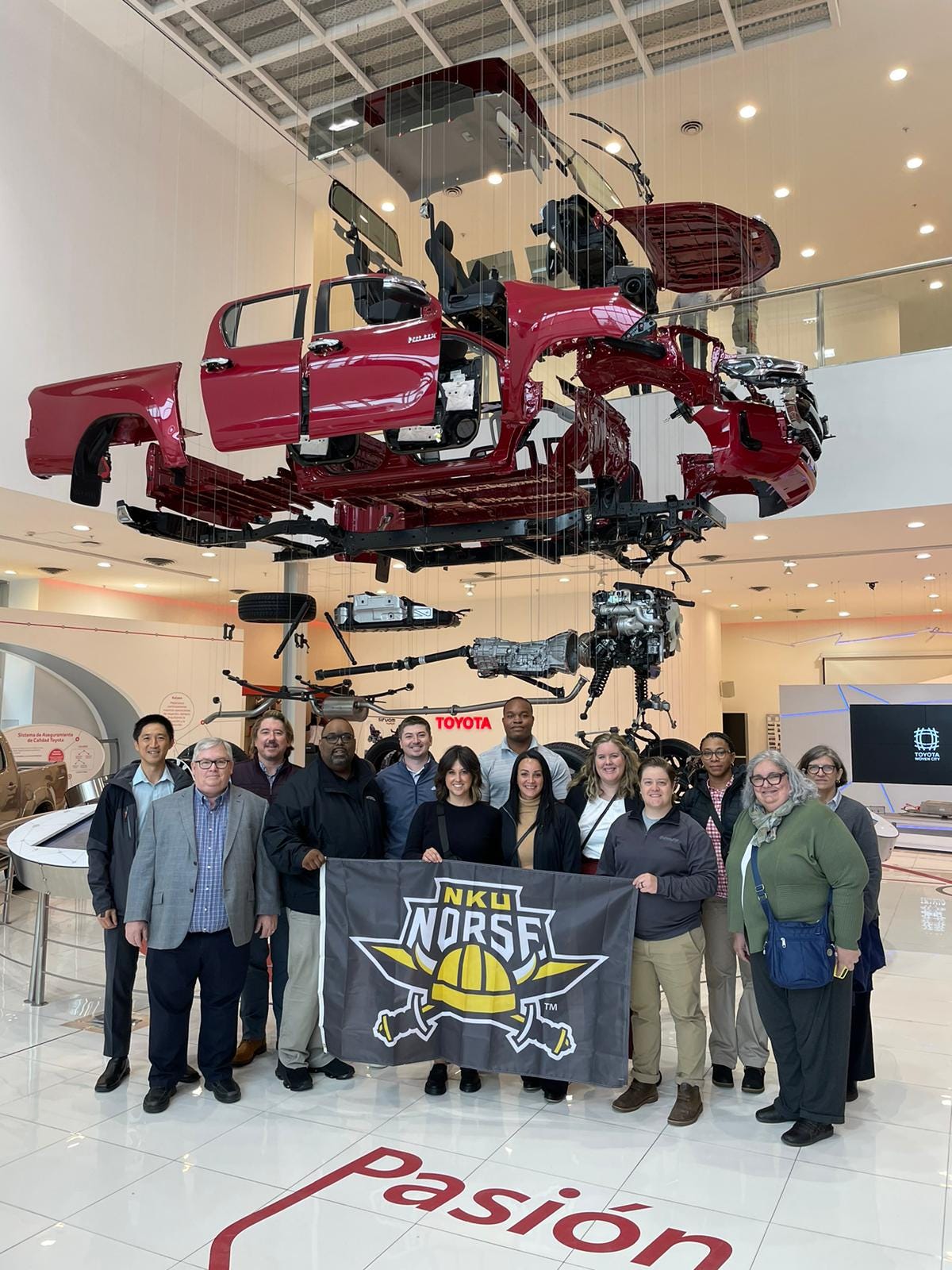Why Most Financial Advice Misses the Point
Invest in the upside
As you know, I am a strong advocate for personal finance and economic literacy. I believe both provide you with toolkits that help you navigate the complexity of today's marketplace. Yet after reading books on personal finance and watching all the “advice” on YouTube, I've found a gap in how we approach wealth building.
I find that most personal finance advice focuses on the wrong thing. The “advice” focuses obsessively on expense and investment optimization. Most of the discussion centers on how to minimize spending, select more effective investment portfolios, or minimize your tax liability. These strategies matter, but they're missing a big part of the equation.
The real opportunity, especially early in your career, is to focus on increasing your income and your career development. This is why I write so much about professional and career development, it is economic and financial literacy.
True financial freedom starts with a strategy for income growth. This requires finding the right intersection of your skills, market demand, and personal passion, and then leveraging that position for continuous growth. Do not settle for whatever job pays the bills, or worse, climb a predetermined corporate ladder! Sadly, I know too many people who are in jobs solely for the paycheck. You need an income growth strategy.
Work Has Meaning
I write about professional development and economic literacy because I refuse to accept that talented, educated professionals should settle for mediocrity or career dissatisfaction. We need to be honest that work represents more than a paycheck! Work is tied to your sense of purpose, your professional identity, and your long-term wealth-building potential. You deserve to do work that energizes you while building the financial future you envision.
Ways to Boost Your Income:
What is Your Income Potential: Instead of asking "Where can I cut expenses?" ask "How can I improve my income potential?" Most professionals can enhance their income by improving their positioning, developing their skills, or strengthening their professional networks. So, how are you investing in these areas?
Invest in Income Growth: Your skills, relationships, and reputation are assets that compound. A $2,000 investment in a professional certification that increases your annual income by $10,000 provides a 500% annual return. No investment portfolio can match that. For reference, Historical stock market returns are closer to 8-9%. Education and certificates pay. Perhaps it's time to invest in a graduate degree or certificate?
Interested in a graduate degree? Learn more about one of my favorite programs below.
Optimize for Learning, Not Earning: Counterintuitively, the fastest way to increase income is sometimes to take on roles that maximize learning opportunities rather than focusing on immediate salary. The compound effect of accelerated skill development often produces higher lifetime earnings than optimizing for today's paycheck. One of my best decisions was working for a small firm when I started my career. Because it was small, everyone wore multiple hats, and I gained insight into other areas of the business. In hindsight, what I learned then has helped me throughout my career.
Design the Life You Want
Financial advice has been criticized for suggesting that financial freedom is about minimizing your budget for coffee and avocado toast budget. I, on the other hand, think that financial freedom is about building the lifestyle you want, and that includes a career that you love. Your goal should be to maximize your income and surround yourself with people who support that goal. As I discussed in "Building Your Professional Hype Team," relationships open doors to opportunities that can transform your earning potential overnight.
The Takeaway
The real financial advice should start with career and educational advice. Most financial advice either assumes that you have already found your career or neglects to focus on that side of the equation. Your ability to build wealth is directly tied to your ability to build a career that appreciates in value over time. That strong foundation will help you find new opportunities that you can leverage.
Stop optimizing your budget and start optimizing your career. The math is undeniable: income has unlimited upside potential, expenses have limited downside potential. If you can’t do both, then choose the strategy with unlimited upside.
-Dr. A
Dr. Abdullah Al Bahrani is Professor of Economics and Associate Dean at Northern Kentucky University's Haile College of Business. He provides strategic economic insight to business leaders and has taught economics to thousands of students. His research focuses on economic education and household finance.
Partner Highlight
The Business Degree for the People Person
Break Through. Transform. Lead.
In today's rapidly evolving business landscape, organizations desperately need leaders who can navigate complexity with empathy, drive innovation with purpose, and inspire teams through authentic connection. Haile College of Business’s Master of Business Leadership and Innovation (MBLI) is where ambitious professionals develop these essential capabilities. This transformative two-year experience goes beyond traditional business education; it is designed to reshape how you think, lead, innovate, and create lasting impact through deep personal reflection and hands-on application.
Why Choose the MBLI
Small cohort with a maximum of 25 students
Executive-friendly hybrid format that meets one Saturday per month
Develop strategic thinking, an innovative mindset, and as an effective leader
10-day international trip to learn about leadership around the world
Ready to reshape how you lead? LEARN MORE AT: NKU.EDU/MBLI





This should be required reading for anyone going into sophomore year. Freshman year can get away from many, but the quicker young people understand that income is primarily driven by W2 employment (or sales volume), the better. Improve your skills significantly while in college and watch your income grow in your late 20’s early 30s.
I think Dr. A knows a little bit about my story and I have a significant percent of my income outside of my W2. Why? I learned the skills to identify good investments. Similar to anyone reading this, I was at a point where I needed to learn new skills. But what I think Dr. A is advocating here is action. Once I learn my analytic skills, I chose to finalize the deals! The time to act is when you are young, not in the middle like me. Focus on improving your income one skill at a time.
I also think Dr. A would agree that you should use skills as foundations. You cannot be a data scientist by just working in Tableau. You must know statistics, probably some form of data cleaning (which requires coding), and communication in order to be effective. Start with one skill, build it out to the role you are looking for. As Dr. A put it, Design the Life You Want. Just remember, every good design is built on a skill set, build the skills and you will build your life.
I also have to plug Florida State's Masters of Applied Economics here. Excellent program and 1/3 of the cost of the UCLA program.
Thanks, Chris
I couldn’t agree more! Especially for those still relatively early in their career, increasing income potential early on can have a profound impact long term.